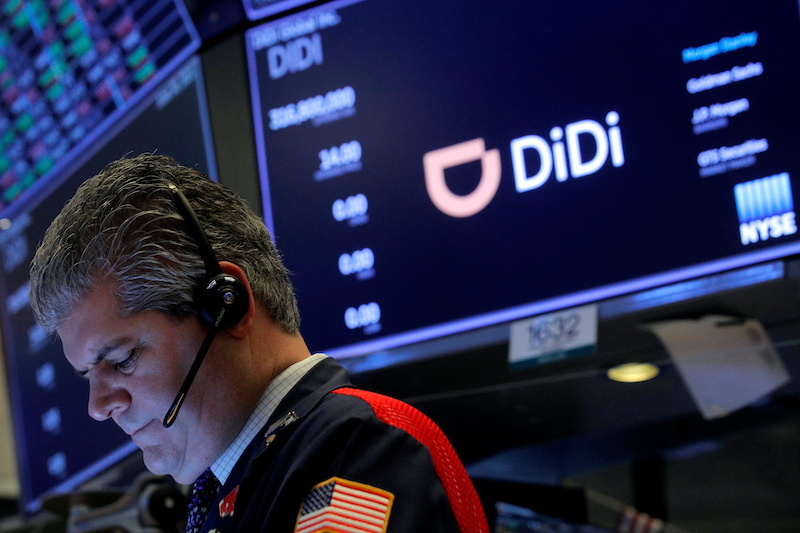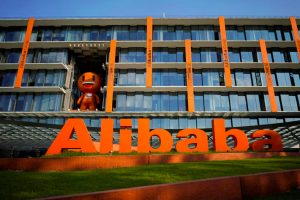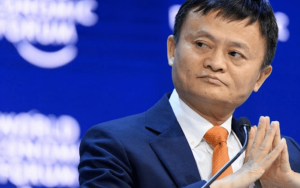China’s crackdown on entrepreneurs has been prompted by them shunning the help of state-owned enterprises and displaying too much independence, according to a Renmin University scholar based in Beijing.
The private sector, especially technology and new economy startups, rely on founders’ entrepreneurial genius and international investors rather than Communist Party connections and partnerships with state agencies, Martin Miszerak argued in a weekend essay.
The academic said he analysed the companies targeted – including taxi-hailing platform DiDi, Alibaba affiliate Ant Financial, entertainment streaming service Tencent, food delivery platform Meituan and e-commerce company JD.com – and concluded it was a coordinated policy.
The most likely explanation for the crackdown is that it is “an assault on China’s entrepreneurial private sector”, he said in the essay, published by the East Asia Forum, a think tank.
Beijing is closing the distance between the establishment and entrepreneurs by cracking down on their ventures and interrupting their business models.
“This distance from the state is being disrupted by the crackdown through which the Chinese Communist Party is moving to solidify political control over corporate cash flow,” Miszerak, a visiting lecturer at Renmin Business School, said.
Transparent Corporate Structure
Companies such as DiDi Global unnerved China’s ruling class with their “extremely slim and transparent” corporate structure, compared with bloated and inefficient state-owned enterprises (SOEs).
“Few state-affiliated investors participated in DiDi’s earlier fundraising rounds, as its founders have always sought to raise capital from world-famous names such as Apple, Temasek and Alibaba,” Miszerak said.
Miszerak said the policy was most likely instigated by Xi Jinping, China’s top leader.
“One interpretation of [China’s crackdown] is that the campaign is part of Xi’s strategy to steer China towards a Maoist model of governance in which the private sector is significantly downsized and private companies are likely to lose what is left of their independence and become mere appendages of the state,” he said.
The signal by Liu He, China’s vice-premier, that the government intended to end its ‘regulatory rectification’ campaign suggested that Xi had “finally awoken to the damage” the year-long crackdown has wrought on investor sentiment, Miszerak said.
But China’s crackdown shows entrepreneurial companies have paid a steep price for their independence, he said.
Although Ant Group might be allowed to proceed with its much-delayed public offering on the Hong Kong stock exchange, regulators are pushing for a corporate restructuring in which Ant Financial will take on SOEs as partners.
“It remains unclear how DiDi’s case will unfold, but much can be learnt from looking back on Jack Ma’s experience with Ant Financial,” Miszerak said. “The future of China’s entrepreneurial capitalism looks decidedly grim.”
- George Russell
READ MORE:
Didi Seen in Talks For Stake in China EV Maker Sinomach
Ant Group Names HKEX Chair Laura Cha to Board
Alibaba Founder Jack Ma Reappears In Hong Kong
























